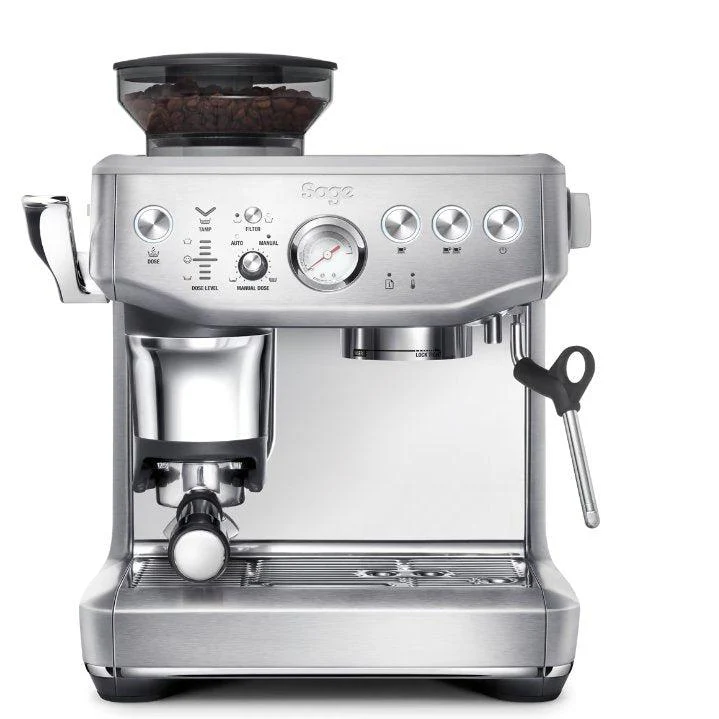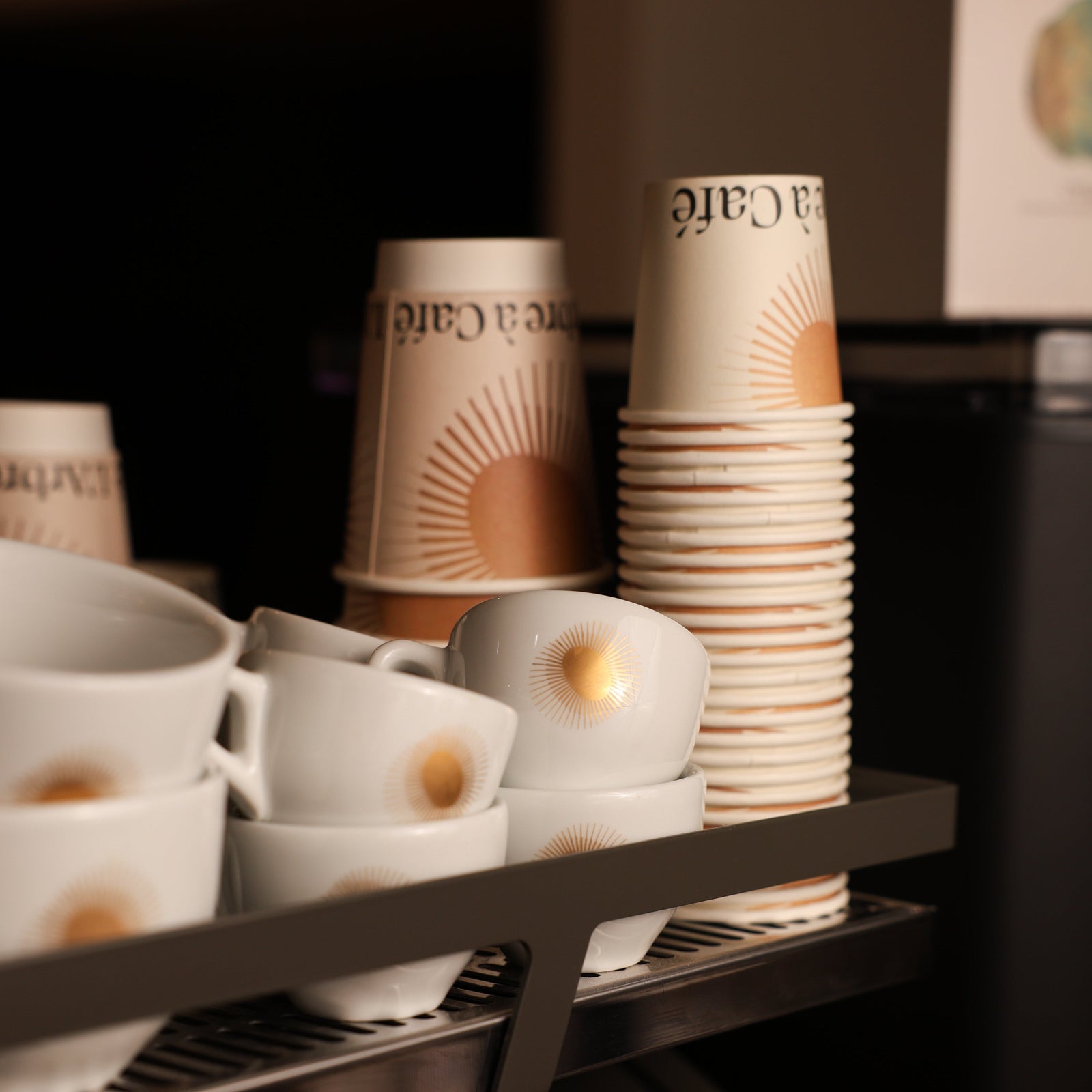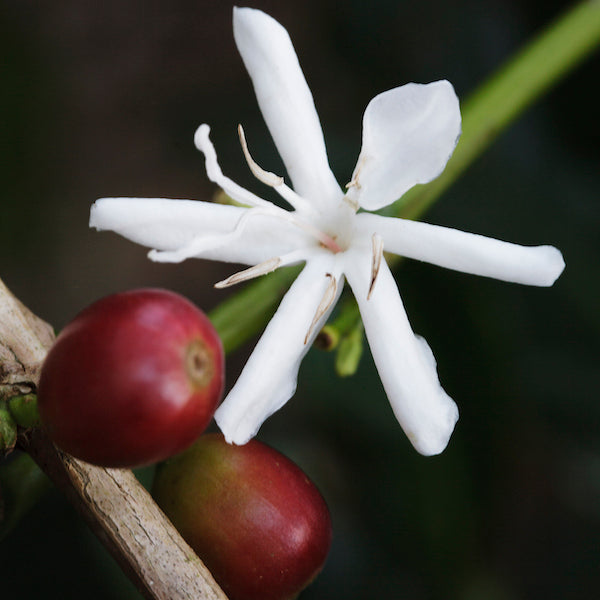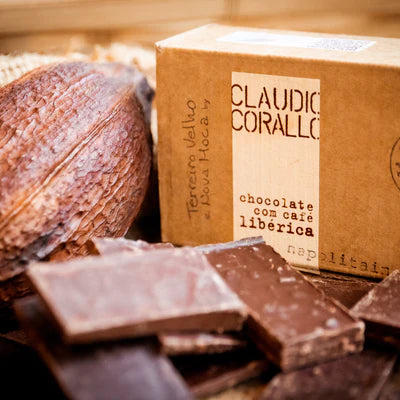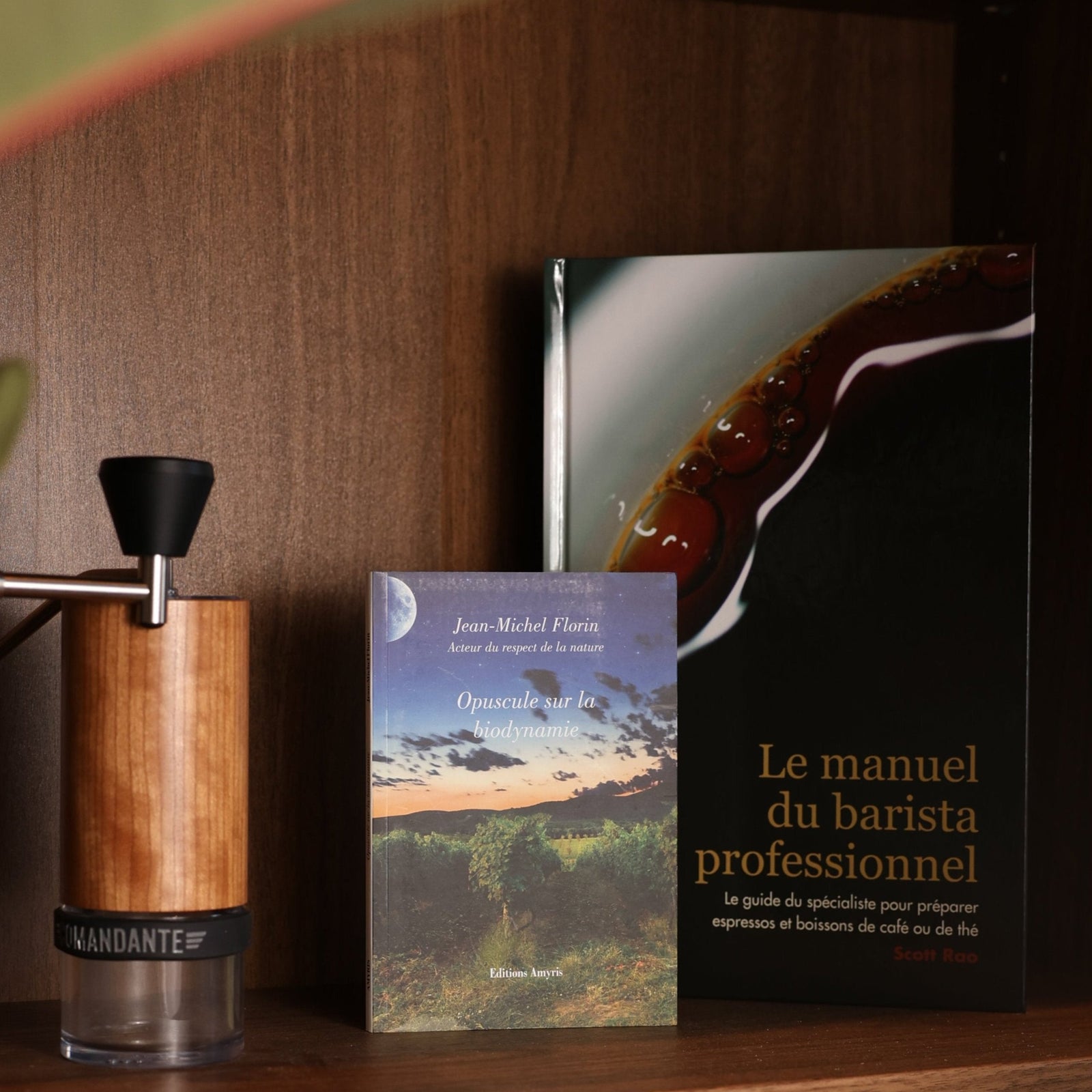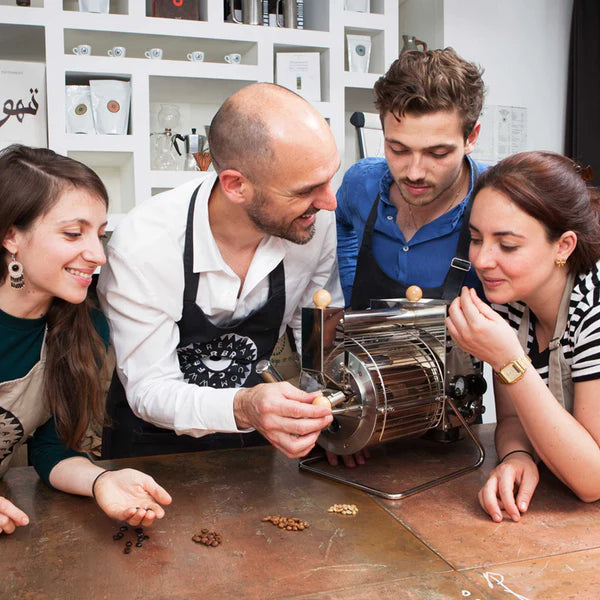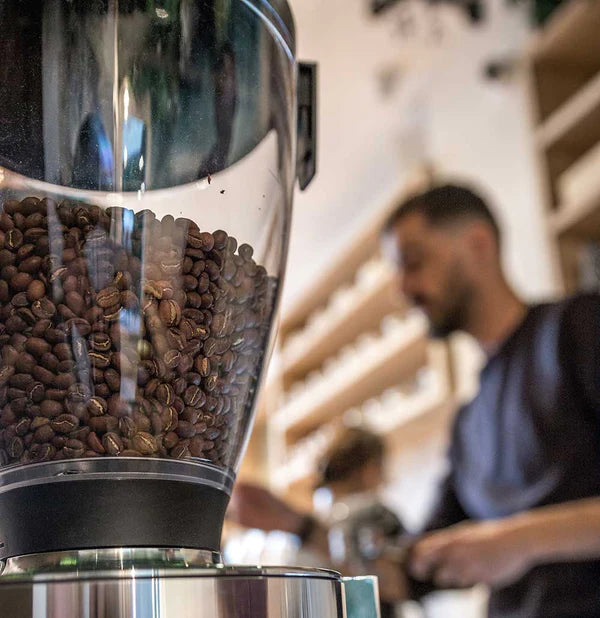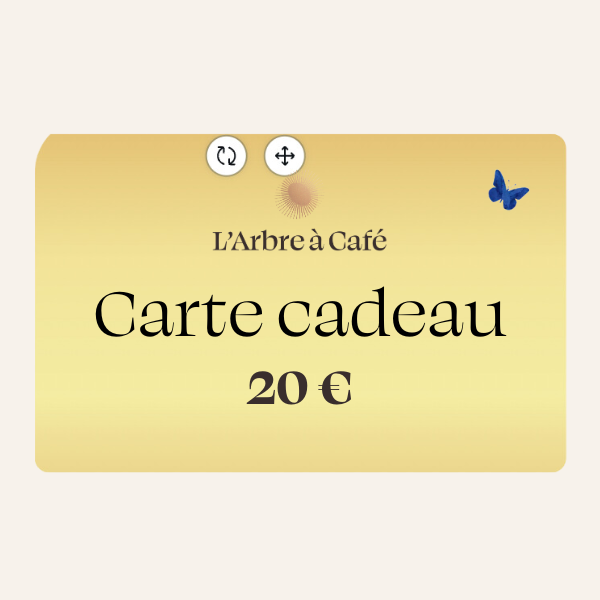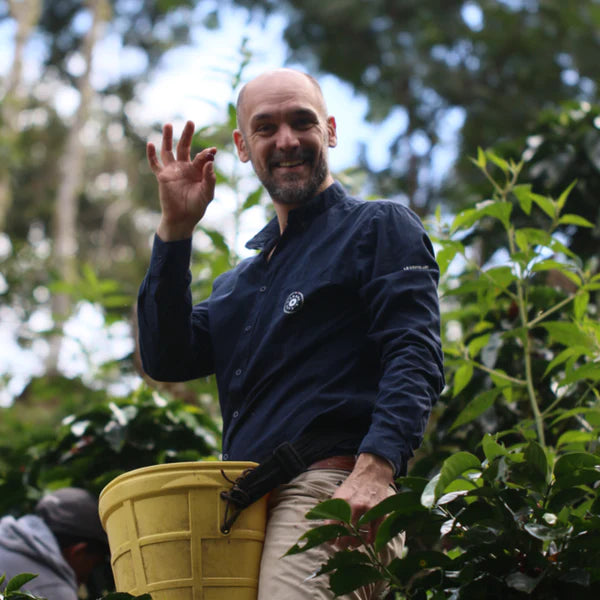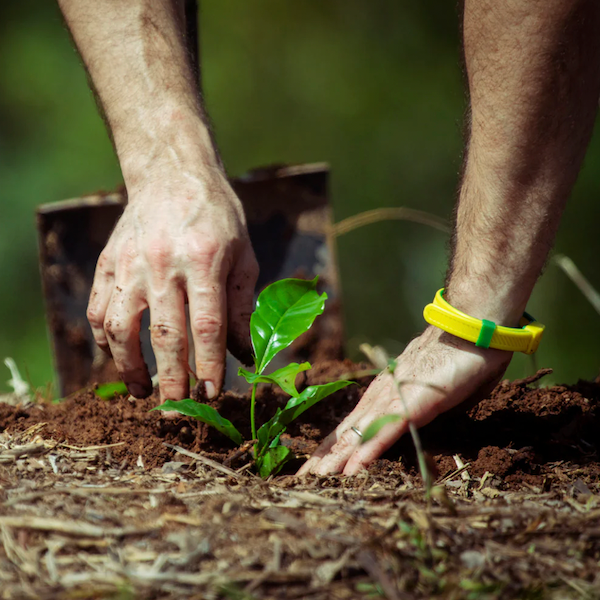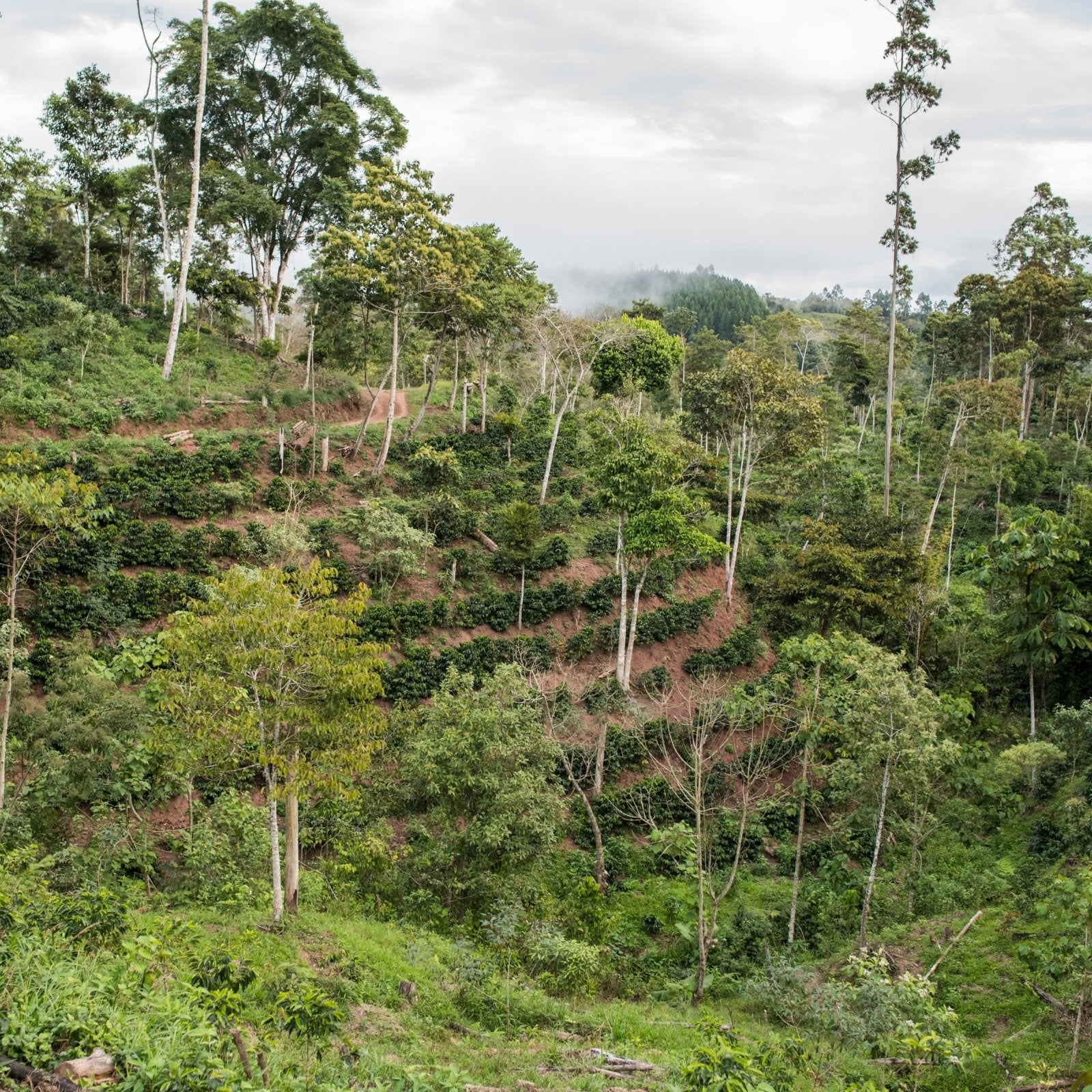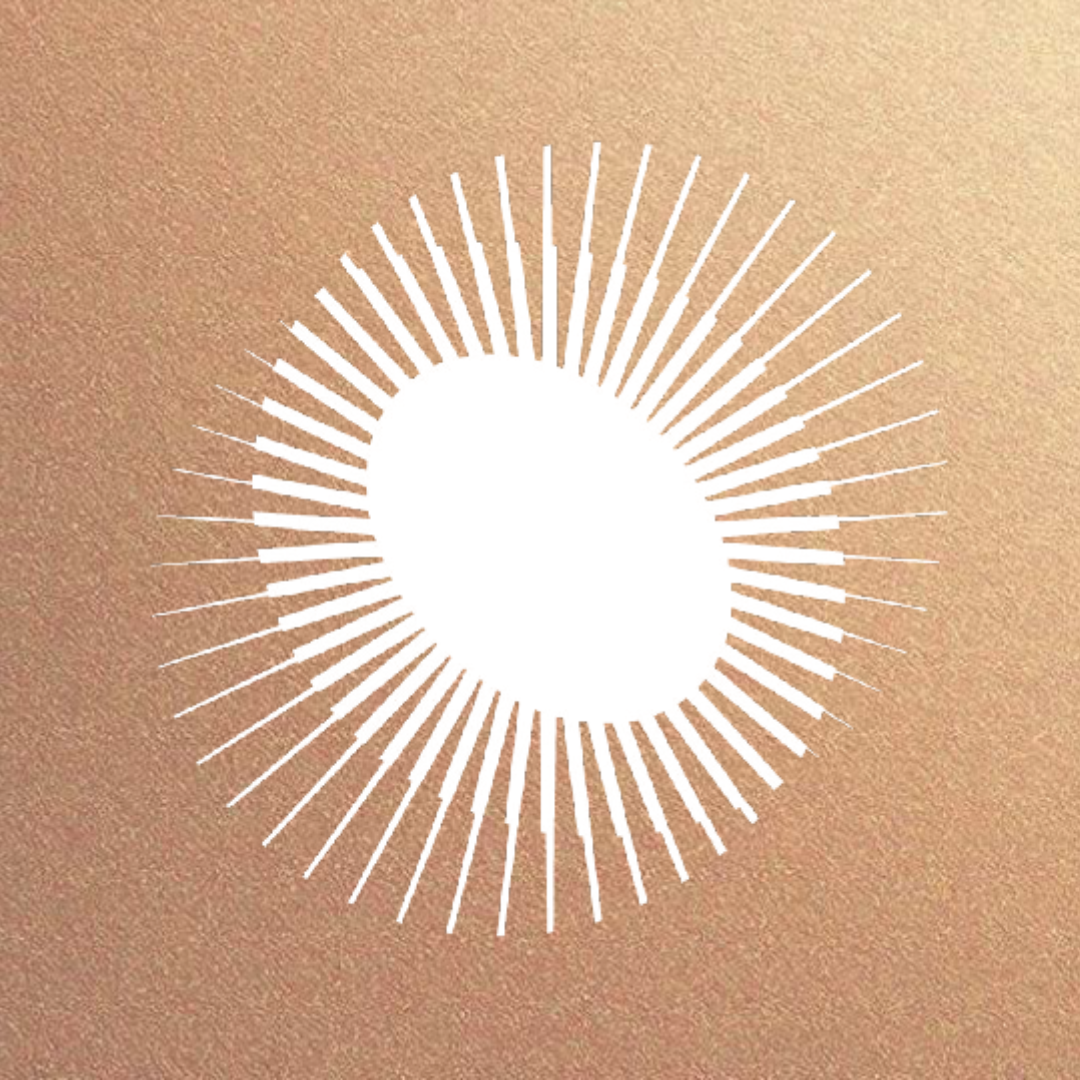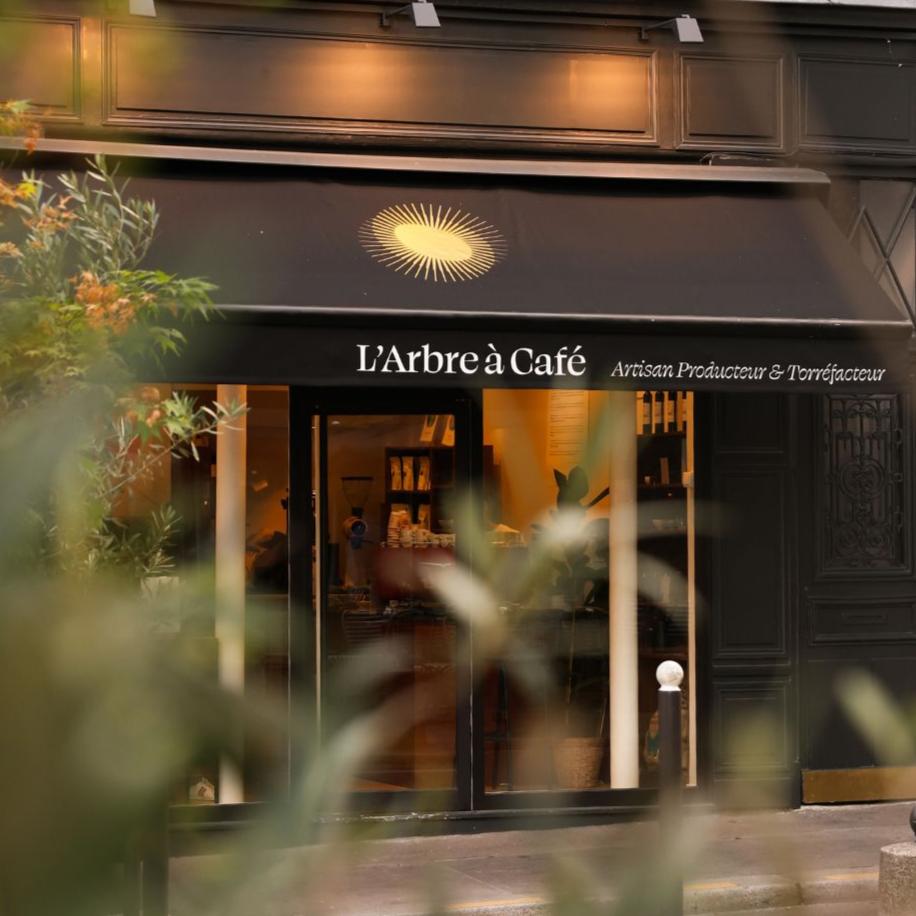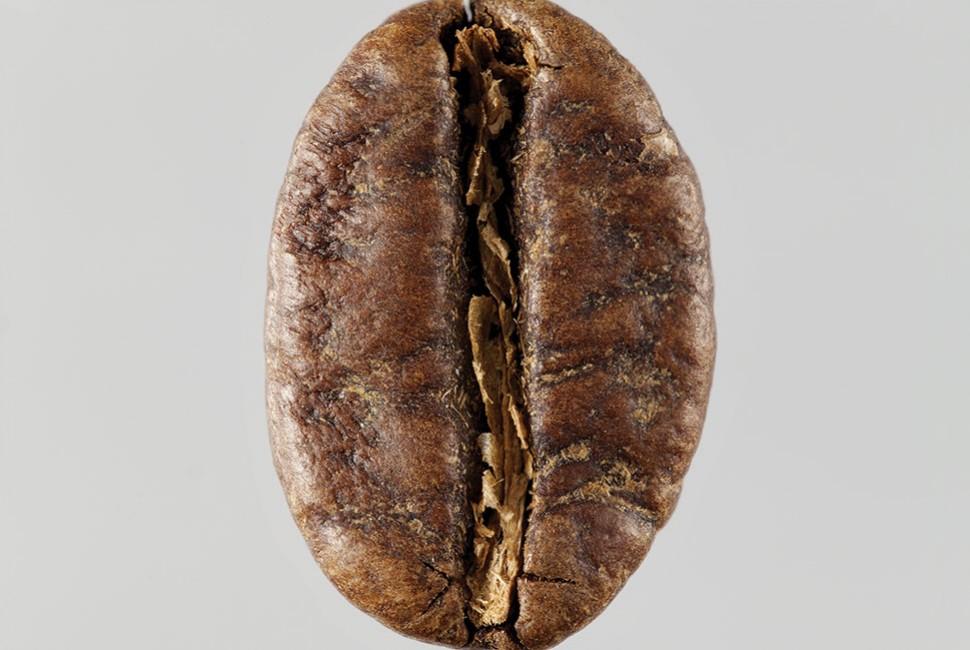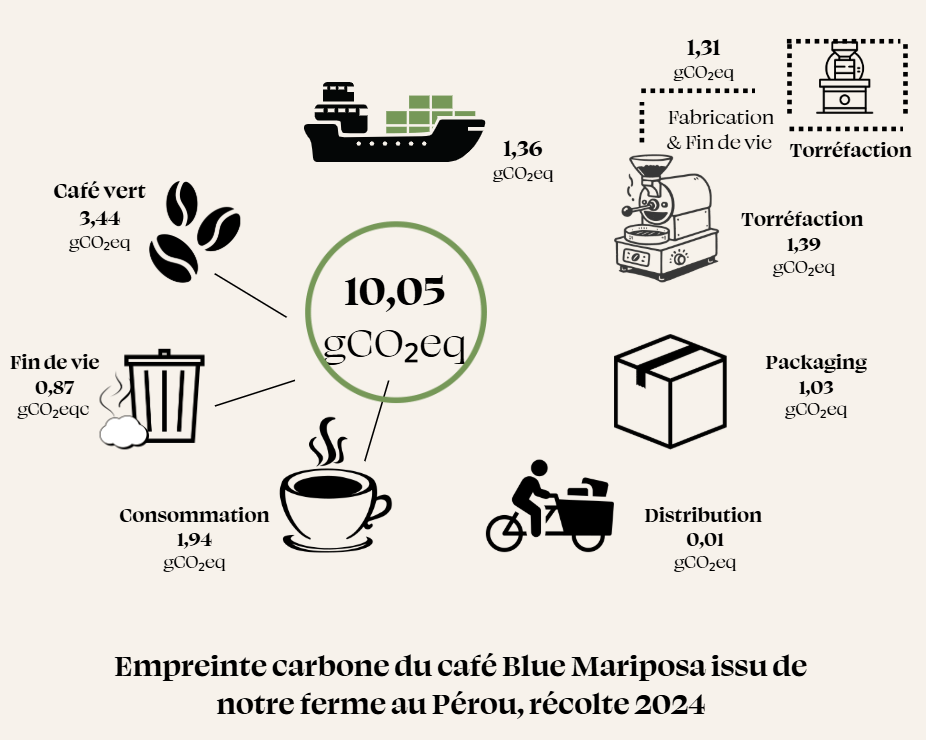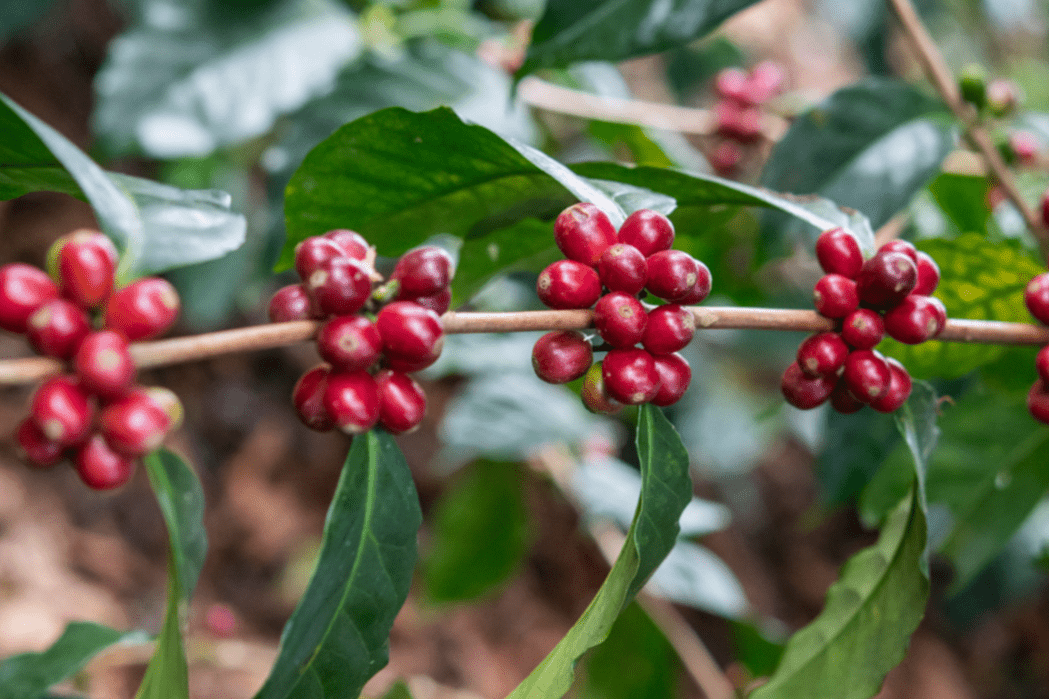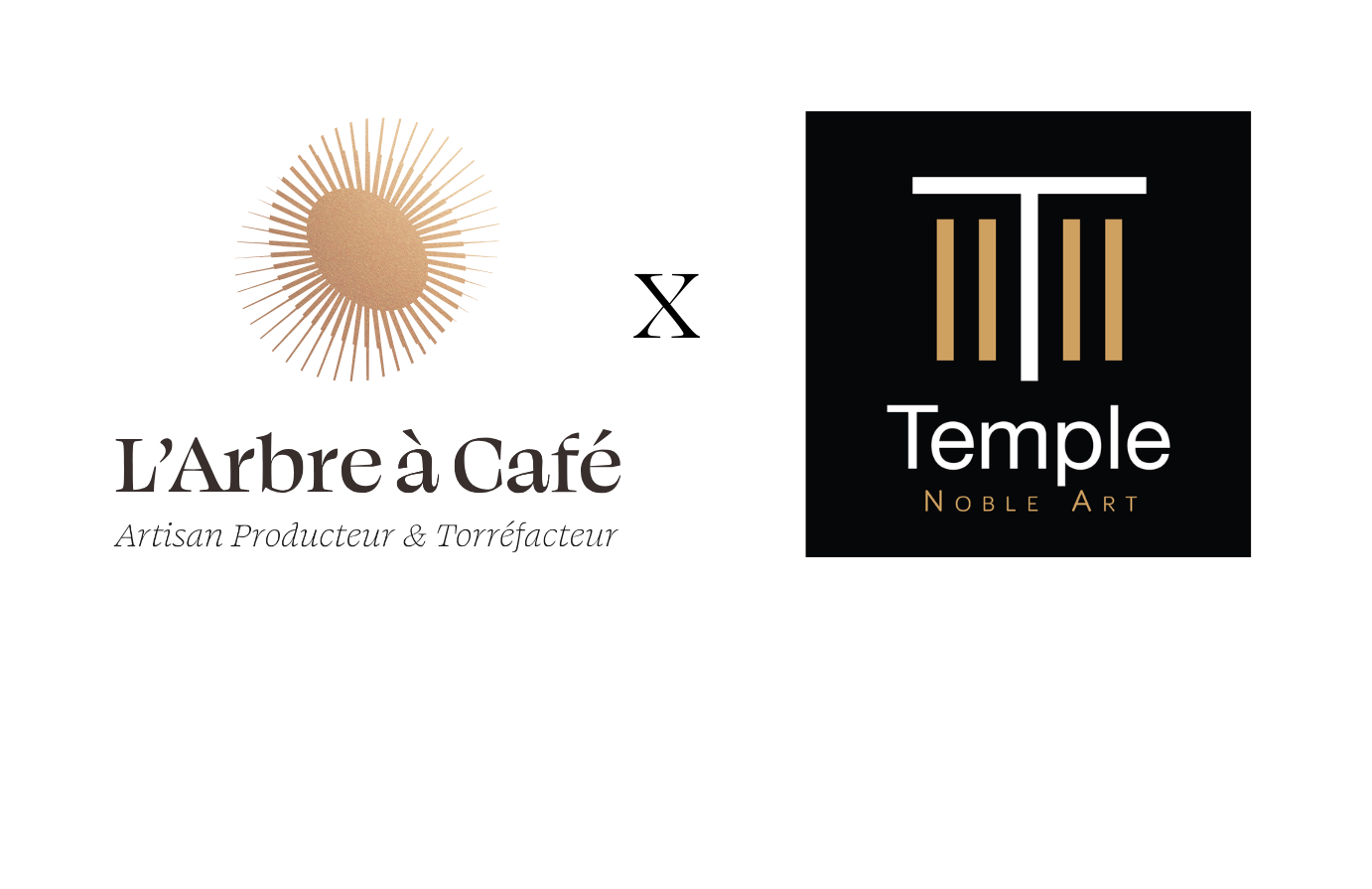Botanical pioneers, literary scholars and early travelers, as well as early coffee sellers, played with the instability of a new word in many languages. In French, the variations multiplied: cavé, caphé, cavhé, kaffé and even chaube, caoua, caowan, kahwan, canua, kawa are among the innumerable metamorphoses of the word, notably among street criers, Armenians or Levantines, and Italian or non-Italian coffee sellers.
As for the beans, they were often perceived as beans, similar to those of cocoa. They were called bunchum, a name that recalls the original Ethiopian bunn.
Today's languages inherit these uncertainties and almost all seem to draw, not from the Ethiopian roots of bunn, but from the Arabicized and therefore commercial term kahwa: Kaffee (German), coffee (English), kai-fei (Chinese), kaffé (Swedish and Danish), kahvi (Finnish), café (French, Spanish, and Portuguese), kafeo (Greek), koffee (Dutch), caffè (Italian), kehi (Japanese), qéhvé (Farsi), kawa (Polish), cafea (Romanian), kaphe (Russian), kahveh (Turkish). Except in Ethiopia, where it has kept its original name: Bunn. Long live the original version!
As for the word "coffee", it appeared in the 17th century in French and, at the same time, in modern Latin (coffea). Like all its translations around the world, it comes from the Arabic word of Sufi tradition, kahwa, which means " that which delights and incites to flight ".
Some have seen its root in Kaffa, the name of its historical region in Ethiopia, populated by the Oromos, or in kaaba, the sacred black stone of Mecca, or even in qahwa, the wine, the liquor in Arabic - which strangely resembles our caoua of the colonial times - or finally in ka and afa, contraction of "God" and "plants of the earth". Coffee would thus be, for many, blessed by the gods.
This article is an excerpt from the book Café by Hippolyte Courty.

